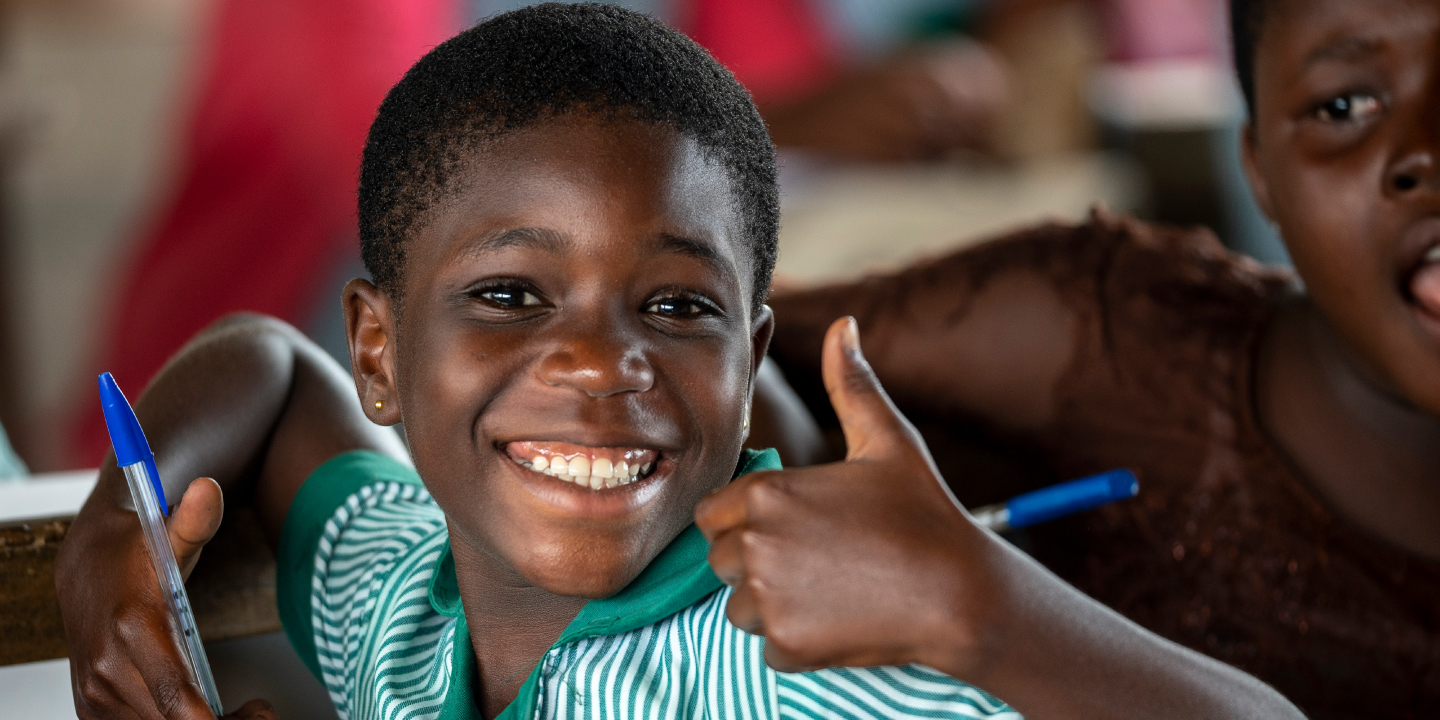
Africa: Supporting evidence-informed decision making in school education
Research 15 Mar 2022 6 minute readACER has undertaken evaluations of several education initiatives in different African countries to support programme expansion and improvement.
The Australian Council for Educational Research (ACER) through its India office has undertaken evaluation studies in Rwanda, Sudan, and Zambia to generate robust evidence for UNICEF-supported education programmes. These studies will assist in decision-making about the scalability and sustainability of these programmes and inform policy on wider educational issues in these countries.
Our studies have examined programmes in a range of thematic areas such as remedial education in literacy and numeracy, girls’ education, refugee education, and learning through play. Conducted between 2019 to 2022, the studies helped gather baseline, mid-line, or end-line data on programme interventions designed for school-going children.
Key questions of these evaluations included:
- To what extent have the programmes met planned objectives?
- What are some of the critical factors that help in future planning and implementation of the studied interventions?
Rwanda | Learning through Play (LtP) programme
LEGO Foundation’s Learning through Play (LtP) programme will train and support approximately 29 000 teachers in integrating LtP in their classrooms in Rwanda. The programme will assist the implementation of the recently introduced competency-based curriculum benefiting around 1.45 million school children. Our baseline study has examined the preconditions to achieving the programme objectives and elements such as the capacity of systems, and skills and knowledge and attitudes of programme participants related to play-based learning.
Key findings:
- There is general acceptance of the concept of play-based learning among teachers, representatives of the Ministry of Education, and UNICEF.
- A few parents and caregivers considered traditional methods of teaching better than play-based learning.
- There is a felt need within the education system to train teachers rigorously on teaching and learning through play.
Sudan | Refugee children’s education programme
With children comprising nearly one-third of the 800 000 South Sudanese refugees, the Integration and Mainstreaming of Refugee Children into the Sudanese Education System (IRCSES) programme aims to integrate them into Sudan’s national education system, thus ensuring that they receive quality education. Our baseline survey will set the point of reference for future studies and outline key factors such as capacity of education systems or teachers’ skills, knowledge, and attitudes important for success of the programme.
Key insights:
- The baseline will ensure adequate representation of the refugee and host communities’ children, their schools and teachers, and their parents and community members.
- The study will cover 150 schools in South Darfur and South Kordofan.
Zambia | Remedial education programme
The ACER study provided mid-line assessment data for a Catch Up, Scale up programme running in 1800 Zambian schools between 2017-19. The programme focused on strengthening literacy and numeracy skills of learners in Grades 3 to 5 using the Teaching at the Right Level (TaRL) approach. Our evaluation study examined the skills of students, resources utilised, key factors affecting the programme’s success, and actual progress of programme implementation compared to plans.
Key findings:
- The success of the programme was clearly attributable to its complete ownership by the Ministry of General Education (MoGE).
- The remedial teaching activities of the programme generated significant interest among teachers and learners.
- The programme was implemented in a cost-effective manner and relevant to supporting the achievement of foundational literacy and numeracy.
- There was strong buy-in from the government around incorporating the programme into the education system and scaling it up nationally.
Zambia | Girls’ education programme
MoGE’s Zambian Girls 2030 programme that was implemented between 2016-18 in the Northern and Southern provinces introduced three interventions for around 12 300 girls in senior and senior secondary schools − school-level career and skill clubs, district-level career and skill camps, and career internships. Our evaluation study measured the achievement of programme targets, effectiveness of resources, sustainability, and the degree to which the programme supported the needs of programme implementers and beneficiaries.
Key findings:
- The project has made significant strides in improving girls’ transition rates, in reducing instances of teenage pregnancies, and in increasing readmissions in both Northern and Southern provinces.
- The objectives of the programme were consistent with programme goals, and the implementation strategy was relevant to the programme targets.
- The project model was sustainable and scalable across all three components in varying degrees.
- The programme approach included equity as one of its defining criteria.
Fieldwork for these studies was predictably affected by the COVID-19 pandemic. Closure of schools, insufficient participation of beneficiaries in programme interventions, and the unavailability of respondents were some of the challenges that hindered data collection. However, changes in the study design, for example, replacing certain schools in the sample, helped to mitigate such challenges.
Each of these programmes was carefully designed and well implemented on the ground. The evaluations undertaken by ACER provided evidence of their success and will help UNICEF and the relevant government consider further expansion and enhancement of these programmes to improve the overall quality of education for children in these countries.